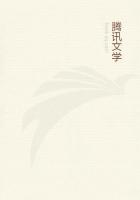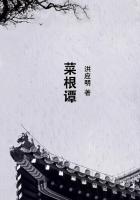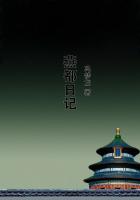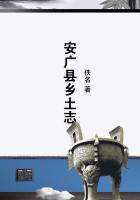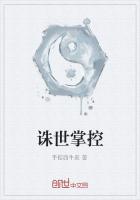Assuming that the two lines of appeal -- the one to sensibility and the other to prudence will persist, and that the international lawyers, in spite of the fact that they have no court before which to plead and no executive to enforce their findings, will continue to formulate into codes the growing moral sense of the nations, the following pages hope not only to make clear the contention that these forces within society are so dynamic and vigorous that the impulses to war seem by comparison cumbersome and mechanical, but also to point out the development of those newer social forces which it is believed will at last prove a "sovereign intervention" by extinguishing the possibility of battle at its very source It is difficult to formulate the newer dynamic peace, embodying the later humanism, as over against the old dogmatic peace. The word ( 8) "non-resistance" is misleading, because it is much too feeble and inadequate. It suggests passivity, the goody-goody attitude of ineffectiveness. The words "overcoming," "substituting," "re-creating,""readjusting moral values," "forming new centres of spiritual energy" carry much more of the meaning implied. For it is not merely the desire for a conscience at rest, for a sense of justice no longer outraged, that would pull us into new paths where there would be no more war nor preparations for war. There are still more strenuous forces at work reaching down to impulses and experiences as primitive and profound as are those of struggle itself. That "ancient kindliness which sat beside the cradle of the race,"and which is ever ready to assert itself against ambition and greed and the desire for achievement, is manifesting itself now with unusual force, and for the first time presents international aspects.
Moralists agree that it is not so much by the teaching of moral theorems that virtue is to be promoted as by the direct expression of social sentiments and by the cultivation of practical habits; that in the progress of society sentiments and opinions have come first, then habits of action and lastly moral codes and institutions. Little is gained by creating the latter prematurely, but much may be accomplished to the utilization of ( 9) human interests and affections. The Advocates of Peace would find the appeal both to Pity and Prudence totally unnecessary, could they utilize the cosmopolitan interest in human affairs with the resultant social sympathy that at the present moment is developing among all the nations of the earth.
By way of illustration, I may be permitted to cite the London showman who used to exhibit two skulls of Shakespeare -- one when he was a youth and went poaching, another when he was a man and wrote plays. There was such a striking difference between the roystering boy indulging in illicit sport and the mature man who peopled the London stage with all the world, that the showman grew confused and considered two separate acts of creation less improbable than that such an amazing change should have taken place.
We can easily imagine the gifted youth in the little group of rustics at Stratford-on- Avon finding no adequate outlet for his powers save in a series of break-neck adventures. His only alternative was to sit by the fire with the village cronies, drinking ale so long as his shillings held out. But if we follow him up to London, through all the charm and wonder of the stage which represented his unfolding mind, if we can imagine his delight as he gradually gained the *******, not ( 10) only of that big town, but of the human city as well, we can easily see that illicit sport could no longer attract him.
To have told the great dramatist the night Hamlet first stepped upon the boards that it was a wicked thing to poach, to have cautioned him that he must consider the cost of preserving the forest and of raising the deer, or to have made an appeal to his pity on behalf of the wounded creatures, would have been the height of folly, because totally unnecessary. All desire, almost all memory of those days, had dropped from him, through his absorption in the great and exciting drama of life. His effort to understand it, to portray it, had utilized and drained his every power. It is equally true of our contemporaries, as it was of the great playwright, that the attainment of this all- absorbing passion for multiform life, with the desire to understand its mysteries and to free its capacities, is gradually displacing the juvenile propensities to warfare.
From this standpoint the advocates of the newer Ideals of Peace would have little to do but to insist that the social point of view be kept paramount, realizing at the same time that the social sentiments are as blind as the egoistic sentiments and must be enlightened, disciplined and directed by the fullest knowledge. The modern students ( 11) of human morality have told us that primitive man, by the very necessities of his hard struggle for life, came at last to identify his own existence with that of his tribe. Tribal life then made room within itself for the development of that compassion which is the first step towards sensibility and higher moral sentiment. If we accept this statement then we must assume that the new social morality, which we so sadly need, will of necessity have its origin in the social affections_we must search in the dim borderland between compassion and morality for the beginnings of that cosmopolitan affection, as it is prematurely called.
The life of the tribal man inevitably divided into two sets of actions, which appeared under two different ethical aspects: the relation within the tribe and the relation with outsiders, the double conception of morality maintaining itself until now. But the tribal law differed no more widely from inter- tribal law than our common law does from our international law. Until society manages to combine the two we shall make no headway toward the Newer Ideals of Peace.

